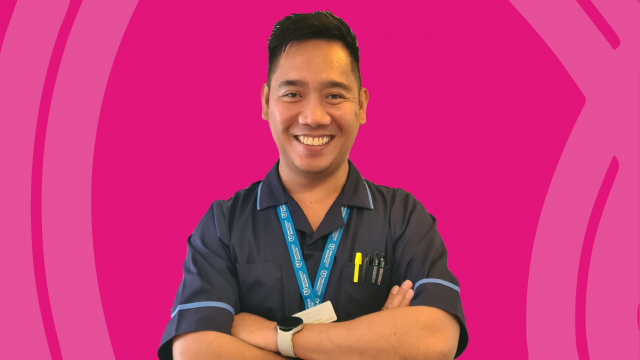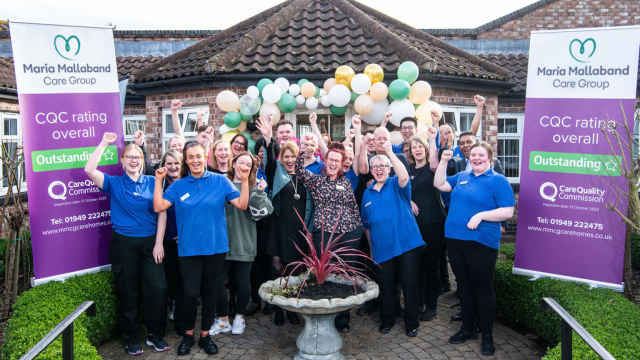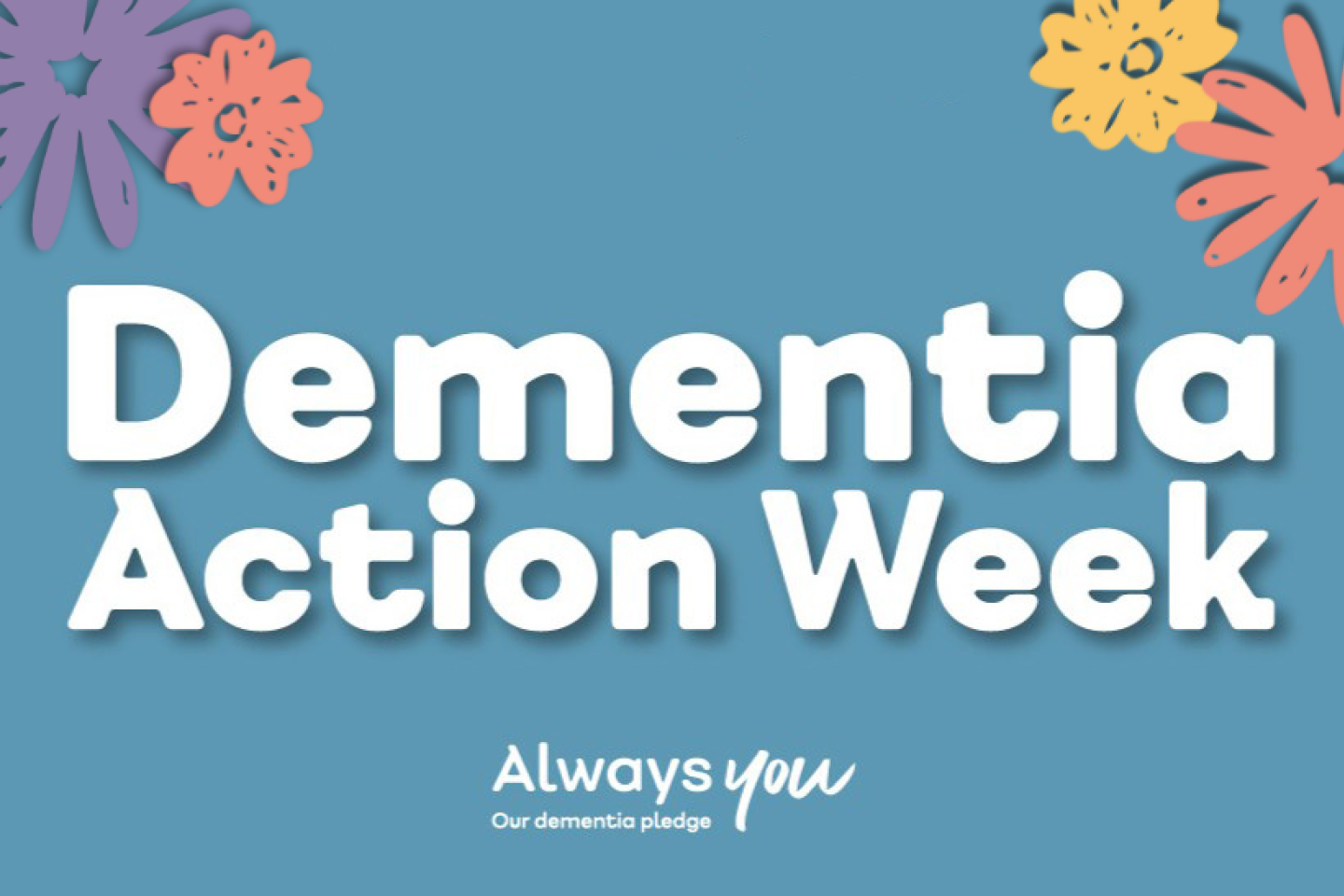At MMCG, we are proud to support Dementia Action Week—an annual awareness campaign led by the Alzheimer's Society. This year, it runs from 19 - 25 May and it is all about encouraging understanding, breaking down stigma, and raising awareness of the importance of an early diagnosis for people affected by dementia.
Dementia touches the lives of millions of people in the UK, whether directly or through someone they love. In our care homes, we are supporting individuals living with dementia every day, we see firsthand the difference that early support, the right environment, and understanding care can make. That is why we are joining the conversation, and the action, this week. Many of the people we support in our homes have a diagnosis of dementia and that diagnosis is vital to give people access to the care, treatment and support they desperately need. Yet, incredibly, 1 in 3 people with dementia do not have a diagnosis.

Why Dementia Action Week Matters
In our homes, we support people every day with everything from providing meaningful activities through our More... Lifestyle program and supporting our teams to understand true person-centred care, to supporting families and team members with education and resources. But it also starts with something crucial, a diagnosis. Not all of those living with us have received a diagnosis of dementia, even though we recognise that many may be living with a cognitive impairment and showing those early symptoms of dementia.
The Importance of Receiving a Diagnosis
For many, the idea of a dementia diagnosis can feel daunting—but it can also be empowering. A diagnosis opens the door to understanding. It helps individuals and their families make sense of changes they’ve been noticing—memory loss, confusion, or personality shifts—and it enables them to plan ahead.
Here is why a diagnosis matters:
- Access to support: Once diagnosed, people can access care services, therapies, and emotional support that they may otherwise miss out on. It also gives families and carers the tools and advice they need.
- Treatment and management: While there is currently no cure for dementia, early diagnosis means better management and more opportunities to slow progression through lifestyle changes or medication.
- Making informed decisions: From financial planning to future care needs, a diagnosis allows individuals to make decisions on their own terms.
- Breaking the stigma: When more people come forward, it encourages open conversation and helps others feel less alone.



